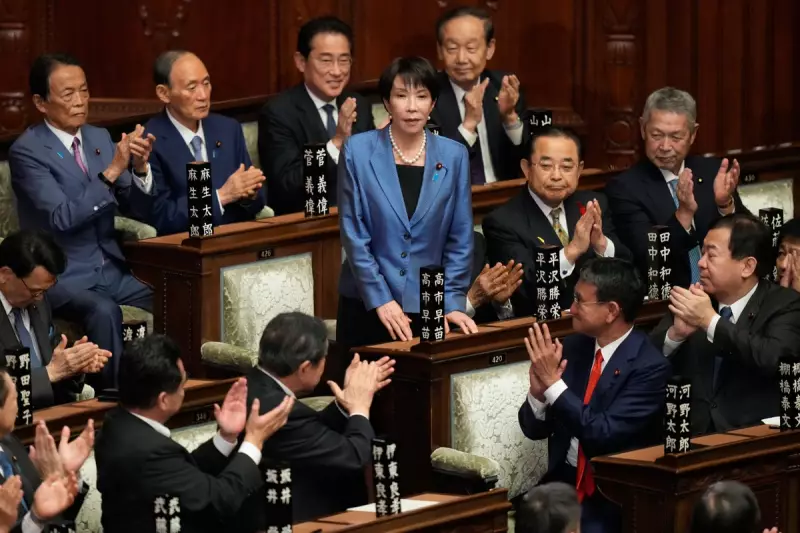
In a move that could reshape Japan's political landscape, veteran politician Shigeru Ishiba has officially thrown his hat into the ring to challenge Prime Minister Fumio Kishida for leadership of the ruling Liberal Democratic Party.
Political Veteran Steps Into the Arena
The 67-year-old former defence minister, often described as one of Japan's most popular politicians, announced his candidacy on Tuesday, setting the stage for a dramatic showdown in September's leadership election. This marks Ishiba's fifth attempt to secure the party's top position, having previously contested leadership votes in 2008, 2012, 2018 and 2021.
"I have decided to run in the LDP leadership election," Ishiba declared during a press conference in Tokyo, confirming weeks of political speculation.
Mounting Challenges for Current Leadership
The leadership contest comes at a precarious time for Prime Minister Kishida, who has been grappling with declining approval ratings and internal party discontent. Several political heavyweights within the LDP have already signalled their intention to challenge the incumbent leader, reflecting growing unease about the party's direction.
Former foreign minister Fumio Kishida initially ascended to the premiership in 2021 following Yoshihide Suga's resignation. However, his administration has faced mounting criticism over economic policies and political fundraising scandals that have eroded public trust.
Ishiba's Political Pedigree and Popular Appeal
Shigeru Ishiba brings substantial political credentials to the contest, having served in numerous cabinet positions including defence minister and minister for revitalising local economies. His political career spans decades, earning him respect across party lines and making him a consistent favourite in public opinion polls.
Political analysts note that Ishiba's appeal extends beyond traditional LDP supporters, potentially offering the party a opportunity to rebuild public confidence ahead of crucial national elections.
What Lies Ahead for Japanese Politics
The September leadership election will determine not only who leads the LDP but also who serves as Japan's prime minister, given the party's dominant position in parliament. The outcome could signal significant policy shifts in areas ranging from economic management to national security.
As the campaign period approaches, all eyes will be on Tokyo where what many are calling the most significant leadership contest in years will unfold, potentially reshaping Japan's political future and its approach to both domestic and international challenges.





